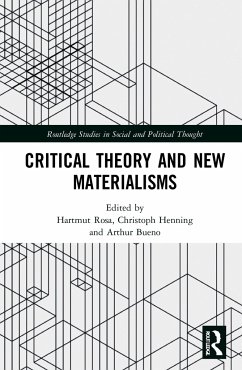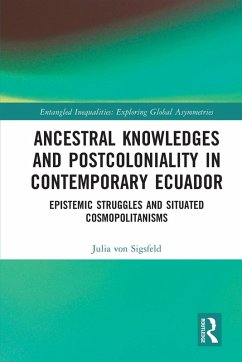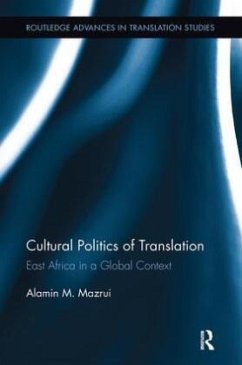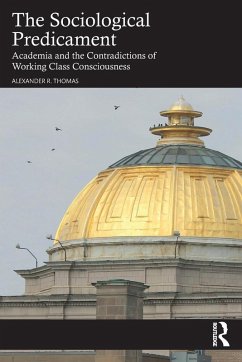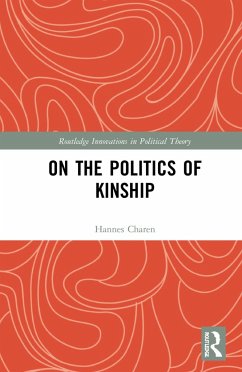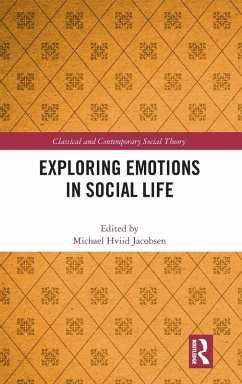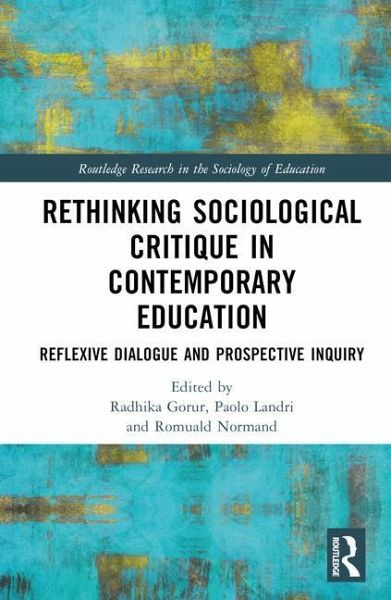
Rethinking Sociological Critique in Contemporary Education
Reflexive Dialogue and Prospective Inquiry
Herausgegeben: Gorur, Radhika; Landri, Paolo; Normand, Romuald
Versandkostenfrei!
Versandfertig in 6-10 Tagen
154,99 €
inkl. MwSt.

PAYBACK Punkte
77 °P sammeln!
This book explores a new repertoire for critique in the sociology of contemporary education, focusing on emerging social theories that respond to contemporary challenges in education, education policy and governance.Presenting a variety of approaches in the sociology of education including pragmatist critical sociology, neo-Marxism, post-digital sociology, new materialisms, affirmative critique of education, and post-colonial studies, the chapters in this book engage in a novel, collective dialogue and reflection on the affordances, limitations and challenges of emerging social theories in con...
This book explores a new repertoire for critique in the sociology of contemporary education, focusing on emerging social theories that respond to contemporary challenges in education, education policy and governance.
Presenting a variety of approaches in the sociology of education including pragmatist critical sociology, neo-Marxism, post-digital sociology, new materialisms, affirmative critique of education, and post-colonial studies, the chapters in this book engage in a novel, collective dialogue and reflection on the affordances, limitations and challenges of emerging social theories in contemporary education. The book further justifies this novel approach through inclusion of a series of interviews with leading scholars and thinkers from within and outside the field of education on the subject of critique in contemporary society and education. The book offers relevant global and decolonial perspectives to study current transformations, drawing on innovations in theorizing and empirical illustrations from different countries.
Highlighting alternative visions of these transformations in an era of globalization, fragmentation, and growing nationalism, this cutting-edge book will be of great interest to researchers, academics and postgraduate students in the fields of the sociology of education, the philosophy of education, social theory, political science and comparative policy and politics more broadly.
Presenting a variety of approaches in the sociology of education including pragmatist critical sociology, neo-Marxism, post-digital sociology, new materialisms, affirmative critique of education, and post-colonial studies, the chapters in this book engage in a novel, collective dialogue and reflection on the affordances, limitations and challenges of emerging social theories in contemporary education. The book further justifies this novel approach through inclusion of a series of interviews with leading scholars and thinkers from within and outside the field of education on the subject of critique in contemporary society and education. The book offers relevant global and decolonial perspectives to study current transformations, drawing on innovations in theorizing and empirical illustrations from different countries.
Highlighting alternative visions of these transformations in an era of globalization, fragmentation, and growing nationalism, this cutting-edge book will be of great interest to researchers, academics and postgraduate students in the fields of the sociology of education, the philosophy of education, social theory, political science and comparative policy and politics more broadly.





